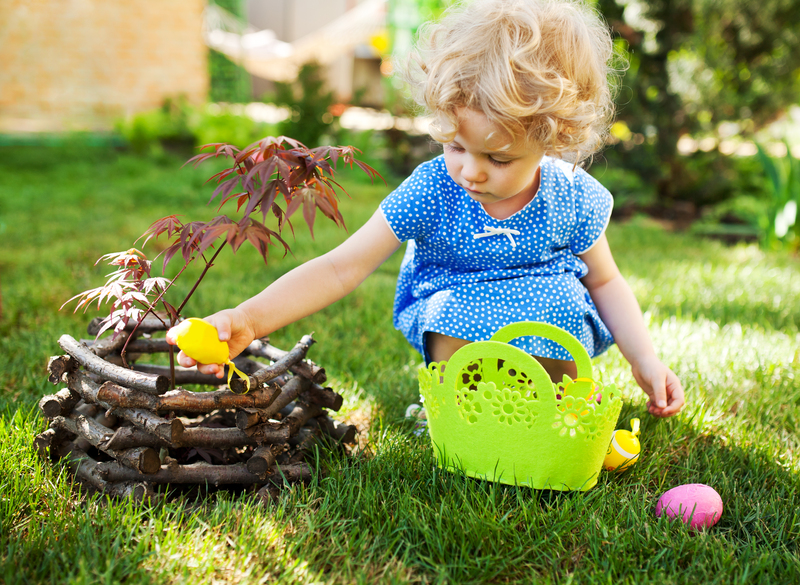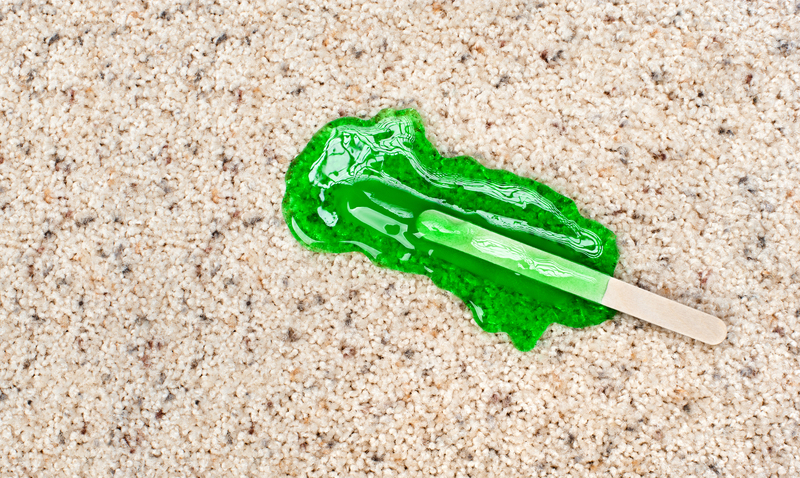DIY Hard Floor Cleaning Solutions
Hard floors are a staple in modern homes due to their durability and aesthetic appeal. However, keeping them clean can be a chore. Fortunately, you don't always need expensive commercial cleaners. Instead, you can use DIY solutions that are both effective and eco-friendly. In this article, we will explore various DIY hard floor cleaning solutions, including their benefits, tips, and some handy takeaways.
Why Choose DIY Hard Floor Cleaning Solutions?
Commercial cleaners can be expensive and often contain chemicals that are harmful to both the environment and your health. DIY solutions are economical, effective, and typically use household items you already have. Additionally, they align with eco-friendly practices, reducing your carbon footprint.

Types of Hard Floors
Before diving into the DIY solutions, it's important to identify the type of hard floor you are dealing with. Common types include:
1. Hardwood
2. Laminate
3. Tile
4. Vinyl
5. Stone
Each type has its own care requirements, so tailor your cleaning approach accordingly.
DIY Cleaning Solutions for Different Types of Floors
1. Hardwood Floors
Hardwood floors need gentle yet effective cleaning to maintain their luster.
**Ingredients:**
- 1/2 cup of white vinegar
- 1 gallon of warm water
**Method:**
Mix the vinegar and water in a bucket. Use a damp mop (not wet) to clean the floor. Vinegar is a natural disinfectant and will leave your hardwood floor shiny and clean.
**Tip:**
Avoid using excessive water as it can cause the wood to warp.
2. Laminate Floors
Laminate floors are more resistant to water but can be scratched easily.
**Ingredients:**
- 1 cup of white vinegar
- 1 cup of rubbing alcohol
- 1 cup of water
- A few drops of dish soap (optional)
**Method:**
Mix all the ingredients in a spray bottle. Lightly spray the floor and use a microfiber mop to clean. The alcohol helps in fast drying, preventing any water damage.
**Tip:**
Never use abrasive cleaners or scrubbing pads on laminate floors.
3. Tile Floors
Tiles are one of the easiest types of flooring to clean due to their durability.
**Ingredients:**
- 1/2 cup of baking soda
- 1/4 cup of white vinegar
- 1 tablespoon of dish soap
- 1 gallon of hot water
**Method:**
Mix all ingredients in a bucket. Use a mop or sponge to clean the tiles. The baking soda acts as a mild abrasive, helping to scrub away grime.
**Tip:**
Pay special attention to grout lines, where dirt and mildew can accumulate.
4. Vinyl Floors
Vinyl floors are water-resistant but can get scratched easily.
**Ingredients:**
- 1 cup of apple cider vinegar
- 1 gallon of hot water
**Method:**
Mix the vinegar and water in a bucket. Mop the floor with the solution. Apple cider vinegar will clean without leaving a residue.
**Tip:**
For tougher stains, you can add a few drops of dish soap to the mixture.
5. Stone Floors
Natural stone floors like marble, slate, or granite require special care.
**Ingredients:**
- 1/4 cup of mild liquid dish soap
- 1 gallon of warm water
**Method:**
Mix the dish soap and water in a bucket. Use a soft mop to clean the stone surface. Avoid acidic cleaners like vinegar as they can etch the stone.
**Tip:**
Always dry the floor with a soft cloth to prevent water spots.
Pros and Cons of DIY Hard Floor Cleaning Solutions
Pros
- **Cost-Effective:** Uses household items you already have.
- **Eco-Friendly:** Reduces chemical use and environmental impact.
- **Customizable:** Tailor solutions to your specific needs.
Cons
- **Time-Consuming:** Prepping solutions may take more time than using commercial products.
- **Effectiveness:** Some stubborn stains might require commercial-grade cleaners.
- **Potential Damage:** Incorrect ingredients can damage certain types of flooring.
Tips for Effective Hard Floor Cleaning
1. **Test Solutions:** Always test a small, inconspicuous area first.
2. **Use the Right Mop:** Microfiber mops are generally safe for all floor types.
3. **Regular Maintenance:** Regular sweeping or vacuuming can prolong the intervals between deep cleanings.
4. **Immediate Clean-Up:** Clean spills immediately to avoid stains.
5. **Avoid Excessive Water:** Too much water can damage wood and laminate floors.

Takeaways
- Identify your floor type before choosing a cleaning method.
- Use natural ingredients like vinegar, baking soda, and dish soap.
- Regular maintenance can minimize the need for deep cleaning.
- Eco-friendly solutions are not only better for the environment but also for your health.
Conclusion
DIY hard floor cleaning solutions offer an economical, effective, and eco-friendly alternative to commercial products. By using household ingredients, you can keep your floors spotless while also protecting your family from harmful chemicals. With the right approach and a few simple tips, maintaining clean, beautiful floors has never been easier.
Remember, always tailor your cleaning method to your specific floor type and perform regular maintenance for the best results. Happy cleaning!



